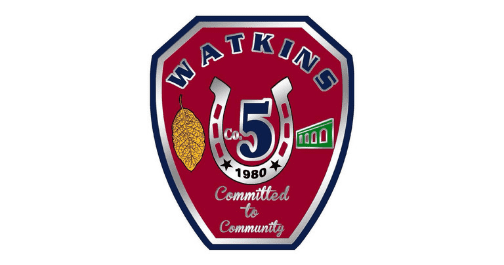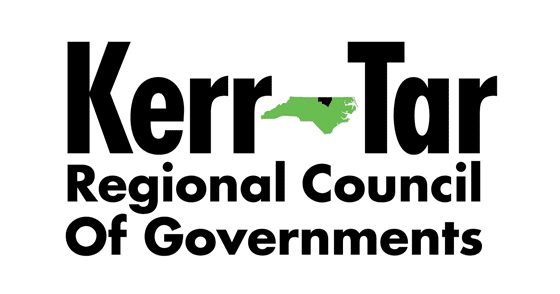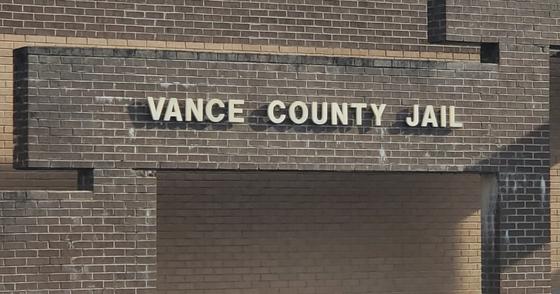The time for getting free soil samples from The N.C. Department of Agriculture and Consumer Services soil testing lab is almost over – it’s about to hit its busy season, but growers and homeowners have until Tuesday, Nov. 26 to squeak in under the wire before the fee of $4 per sample begins.
“Accurate lime and fertilizer recommendations are critical to producing healthy plants and crops and to avoid unnecessary expenses and protect our natural resources,” said Agriculture Commissioner Steve Troxler. “Recommendations that come from soil testing lets you know exactly what you need to add for optimal production. When it comes to fertilization needs, don’t guess, test.”
Peak-season fees are implemented annually to encourage growers to submit samples early, which helps spread out the testing time frame and to invest in equipment and temporary staff to decrease turnaround times. This year, the peak laboratory season starts Nov. 27 and runs through March 31, 2025.
Samples must physically arrive on the Agronomic Services’ loading dock no later than 5 p.m. on Tuesday, Nov. 26, to avoid that $4 per sample fee.
“This year the Agronomic Services Division is renewing its efforts to improve operational efficiency and optimize our customer service. To help in this mission, growers are asked to pay particular attention to the submission process,” said Dr. Don Edralin, soil testing section chief. “Small details matter when you consider that the Soil Testing Lab processes about 300,000 samples annually.”
Soil samples submitted without adequate grower, consultant, and/or sample information will not proceed through the lab but will be set aside. This information is essential to associate samples with the correct existing client account or to establish a new unique client account. Samples will be held for at least five days, and an attempt will be made to obtain the missing information. Due to limited storage space, samples cannot be held indefinitely.
To avoid samples ending up in the “holding area,” simply follow the instructions listed below. In doing so, you will help the Soil Testing Lab be more efficient, and in turn, avoid unnecessary delays in sample processing.
- Only use soil sample boxes provided by NCDA&CS. Soil sample boxes and submission forms are provided at local county Cooperative Extension Centers and at the Agronomic Services Division, 4300 Reedy Creek Road, Raleigh, NC 27607. Fill the soil box to the red line found on the outside of the box. Required information on the box includes the client’s name, address and sample ID.
- With your samples, send a completed soil submission form. Needed information includes client’s name with their full address and a crop code which is critical for plant-specific recommendations. The list of codes is found on the second page of the sample submission form. Since soil test results are emailed to clients, it is extremely important that a valid email address is provided. Additionally, providing a current phone number is highly encouraged as it is helpful for faster contact if there is an issue with soil sample submission. For convenience, a fillable soil submission form for routine homeowner samples can be found at https://www.ncagr.gov/media/3727/open.
- Make sure that information listed on your soil submission form matches what is on your sample boxes.
- Save a copy/photo of your sample submission form for your records.
- Ensure that sample boxes are packed securely inside a sturdy shipper to avoid damage during transport. Do not use padded mailing envelopes. For faster delivery, private carriers such as UPS or FedEx deliver directly to the Agronomic building rather than an off-site mail center that USPS is required to use. Some Cooperative County Extension offices collect samples from homeowners for delivery to the division; clients are encouraged to make sure that delivery meets their intended expectations and needs.
- If you have access to a computer and printer, use the online data entry feature on PALS (www.ncagr.gov/agronomi/pals) to ensure the most accurate delivery of sample information to the lab but enclose a copy of the submission form with soil sample boxes.


















